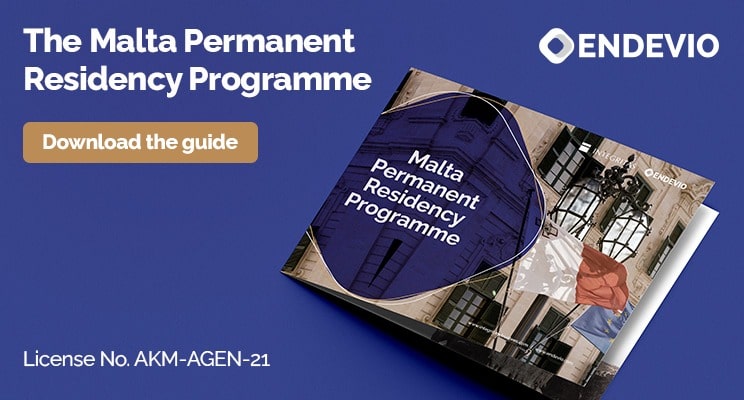Understanding Domicile
Fundamentally, you may have several residences, but you can only have one domicile. Your domicile is where you maintain your “forever” home. When you intend to stay in a specific location indefinitely, you become that location’s “domiciliary.”
Moreover, your country of domicile is the country where you will forever reside in. Even if you move abroad, your domicile remains the same.
Your domicile of origin at birth is where you live with your parents, which goes on until you reach the age of majority and acquire the domicile of choice. If your parents were not married at birth, your domicile status would be the same as your mother’s. However, this depends on your parents’ circumstances and the laws of the country where you were born.
Understanding Residence
Generally, your domicile can be your residence, but your residence may or may not be your domicile. Any place you live in or own is considered your residence. It is where you intend to live temporarily.
When you are a resident of a country or state, taxing authorities have limited reach to tax your income within the borders. In some jurisdictions, remaining for at least 183 days per tax year means you are a resident for tax purposes. Your residence also gives you the legal right to live, work, set up a business, travel, or study in the country.

The Legal Implications of Your Domicile
Domicile is essential to establish several legal constructs such as voting privileges, claiming government benefits, filing lawsuits, and cooperating with regulatory bodies. Among other things, determining your domicile becomes crucial for tax purposes. The three main tax areas affected by your domicile are the following:
- Income Tax
- Capital Gains Tax
- Inheritance Tax
Your domicile also becomes essential when you need to govern your estate in the event of your death. It also plays a vital role if you own financial or property assets overseas.
Acquiring Maltese Residency through the Malta Permanent Residency Programme (MPRP)
Malta allows non-EU/EEA/Swiss nationals to acquire Permanent Residency through the Malta Permanent Residency Programme (MPRP). You and your family can join under one application and move to one of Europe’s most dynamic economies.
Download our guide to get a deeper understanding of the MPRP
Recent Insights
- Navigating Malta’s Legal and Regulatory Landscape in 2024: A Guide for Entrepreneurs
- Portugal Golden Visa: 2024 Updates on New Requirements and Investment Paths
- European Commission vs. Malta: What the Future Holds for Citizenship by Investment
- European Commission vs. Malta: Malta's Citizenship by Investment Programme, Sovereignty and the Question of Genuine Links
- A Complete Guide to the Malta Permanent Residence by Investment Programme in 2024

